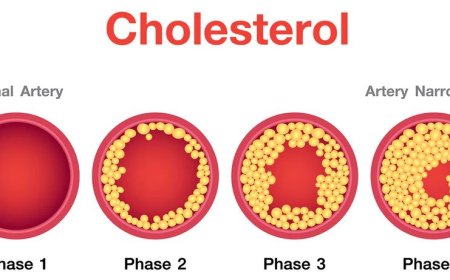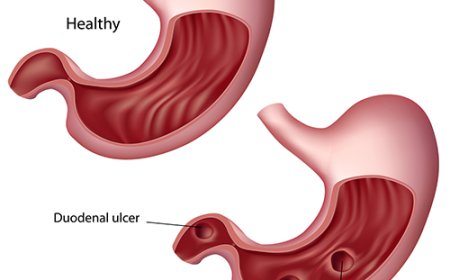Managing your Feelings of Grief

Introduction:
In India, as in any country, people experience various emotions throughout their lives. One emotion that everyone encounters at some point is grief. Grief is a natural response to loss, such as the death of a loved one, the end of a significant relationship, or any significant life change. Managing feelings of grief is an essential part of the healing process. Let's explore the signs, causes, types, and ways to cope with grief in the Indian context.
Signs and Symptoms:
Grief can manifest differently in each individual, but some common signs and symptoms include feeling sad, crying, loss of appetite, difficulty sleeping, irritability, and a sense of emptiness. People may also experience physical symptoms like headaches, stomachaches, or fatigue.
What Is "Managing Your Feelings of Grief"?
Managing your feelings of grief means finding healthy ways to cope with the sadness and pain caused by loss. It involves acknowledging and processing your emotions to gradually find healing and acceptance.
How Is "Managing Your Feelings of Grief" Classified?
Managing grief can be classified into different approaches, depending on how individuals cope with their emotions:
-
Self-Expression: This approach involves talking about your feelings with friends, family, or a counselor. It allows you to express your emotions and receive support.
-
Distraction: Engaging in activities that you enjoy or finding new hobbies can be a way to distract yourself from overwhelming emotions.
-
Seeking Support: Reaching out for help and support from friends, family, or support groups can provide comfort and understanding during this difficult time.
Causes and Triggers:
Grief is a natural response to loss. It can be triggered by various events, such as the death of a loved one, the loss of a pet, moving to a new place, or the end of a cherished relationship.
Risk Factors with Examples:
Everyone experiences grief differently, but some factors may influence the intensity of grief:
-
Type of Loss: The type of loss can impact the intensity of grief. Losing a close family member might lead to more profound grief than losing a distant relative.
-
Age: Young children and older adults may experience grief differently due to their understanding of death and life changes.
-
Support System: Having a strong support system can make coping with grief easier.
Types of "Managing Your Feelings of Grief" with Detailing:
-
Self-Expression: This approach involves talking about your feelings with others. Sharing your emotions with someone you trust can help you feel less alone in your grief journey.
-
Distraction: Engaging in activities you enjoy or finding new hobbies can provide moments of relief from intense emotions.
-
Seeking Support: Joining support groups or talking to a counselor can offer a safe space to share your feelings and find comfort in the understanding of others.
Diagnostic Tests and Treatments:
There are no specific diagnostic tests for grief, as it is a natural response to loss. However, if you find that your grief is overwhelming or lasts for an extended period, seeking professional help from a mental health expert can be beneficial.
Treatment for managing grief often involves therapy or counseling. A counselor can provide tools to cope with grief and offer support throughout the healing process.
Complications of "Managing Your Feelings of Grief" and Prevention Techniques:
Grief is a natural emotion, and allowing yourself to feel and process it is essential. However, if grief becomes prolonged or affects daily life significantly, it can lead to complications like depression or anxiety.
To prevent complications, seeking support from friends, family, or professionals during the grieving process is essential. Talking about your feelings, engaging in self-care, and allowing yourself to grieve at your own pace can be helpful in the healing journey.
Managing feelings of grief is an essential part of the healing process after experiencing loss. It involves finding healthy ways to cope with sadness and pain caused by significant life changes. Through self-expression, seeking support, and finding distractions, individuals in India can navigate the journey of grief and eventually find healing and acceptance. Remember, it's okay to feel sad, and seeking help is always a brave and beneficial step towards healing.
What's Your Reaction?


























































